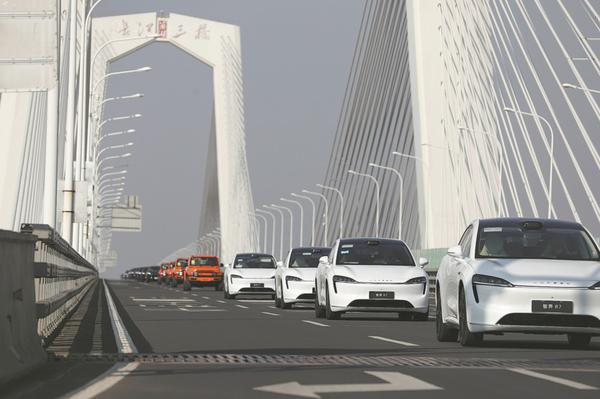
Some 200 driverless cars cross the Third Yangtze River Bridge in Wuhu, Anhui province, on March 18. (CHINA DAILY)
The large-scale commercial application of autonomous driving vehicles will likely become a reality sooner than expected, with cutting-edge intelligent driving technology having the potential to revolutionize future urban transportation due to its greater efficiency and declining costs, experts said.
They highlighted that 2025 marks a pivotal member for the commercialization of intelligent connected vehicles fueled by technological innovation and advancements in artificial intelligence, which has emerged as a critical strategic opportunity for the automotive industry.
Heightened efforts are needed to improve the laws and regulations to clarify liabilities about autonomous vehicles and speed up the construction of an intelligent transportation infrastructure, so as to bolster the deployment and popularization of self-driving vehicles and the robust growth of an intelligent driving sector, they added.
Global consultancy McKinsey &Company expects China will become the world's largest market for self-driving vehicles, with revenue from such vehicles and mobility services exceeding $500 billion by 2030.
The nation has been at the forefront of autonomous driving development and has introduced a series of policies to promote the commercial use of self-driving technology. The Ministry of Industry and Information Technology said, the country supports the commercial application of Level 3 and above autonomous driving systems.
Autonomous driving is categorized from Level 0 to Level 5. The higher the level, the more intelligent the technology and the lesser the involvement of humans.
Level 3 refers to conditional automation, which allows vehicles to perform autonomous driving tasks under certain conditions. Such vehicles have "environmental detection" capabilities and can make some informed decisions, but are still subject to human override.
Level 4 vehicles can intervene if there is a system failure and do not require human assistance in most circumstances. However, a manual override option is still available.
Chinese technology companies have been striving to advance the technology and accelerate the commercialization of robotaxi services based on L4 autonomy.
Tech heavyweight Baidu Inc has invested heavily in developing self-driving technology. Its autonomous ride-hailing service Apollo Go is currently operational across 11 cities nationwide, while fully driverless robotaxis are running in designated areas of Beijing; Chongqing; Wuhan, Hubei province; and Shenzhen, Guangdong province.
Robin Li, co-founder and CEO of Baidu, said 2025 will be a pivotal year for Apollo Go's growth and it plans to expand its fleet size and ride volumes. Li said the company is actively seeking partnerships with mobility service providers, local taxi companies and third-party fleet operators to scale up efficiently through an asset-light model.
Apollo Go provided over 1.1 million rides in the fourth quarter of last year, up 36 percent year-on-year. In November 2024, it was granted permits to conduct autonomous driving tests on public roads in Hong Kong, becoming the first and only service in the region authorized for robotaxi testing.
Self-driving company Pony.ai recently became the first company authorized to operate paid fully driverless robotaxis in Shenzhen's Nanshan district, marking a milestone as the city's inaugural permit for paid autonomous ride-hailing services within its city centers.
The company plans to expand the number of its robotaxi fleet to about 1,000 this year, and increase investment in R&D. It has already obtained licenses for fully driverless robotaxi services in Beijing, Shanghai and Guangdong provinces.








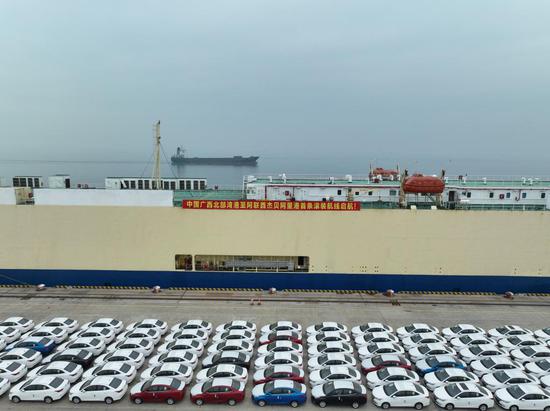
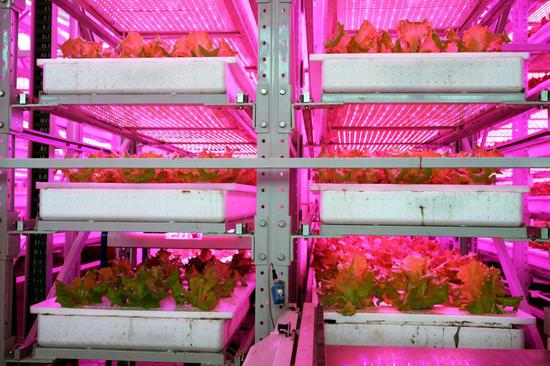


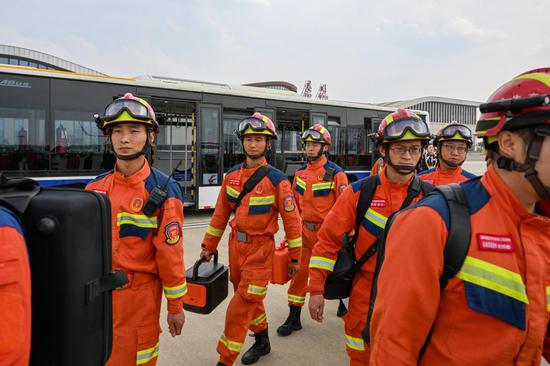



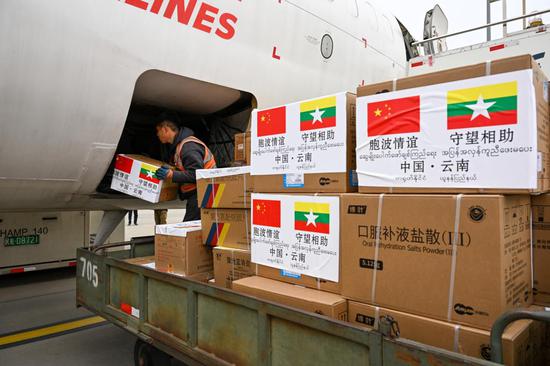







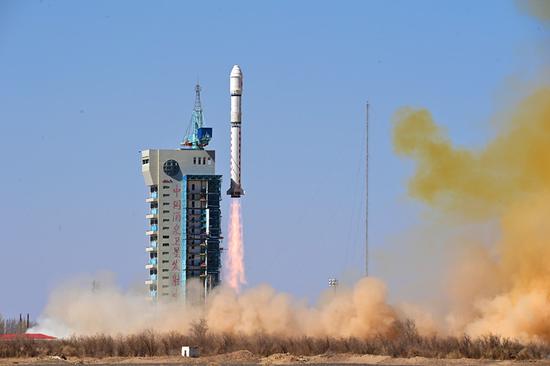

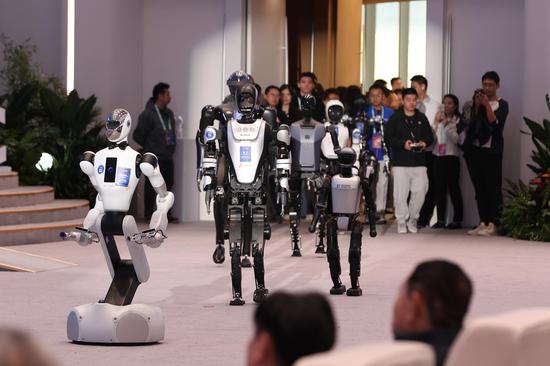























 京公网安备 11010202009201号
京公网安备 11010202009201号